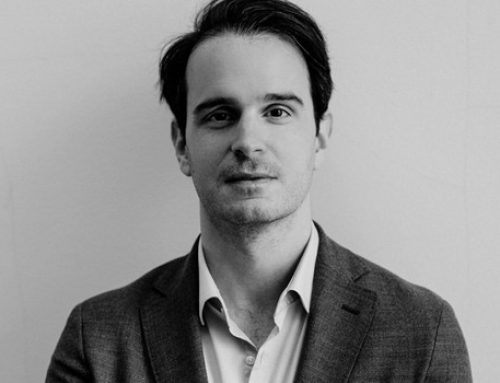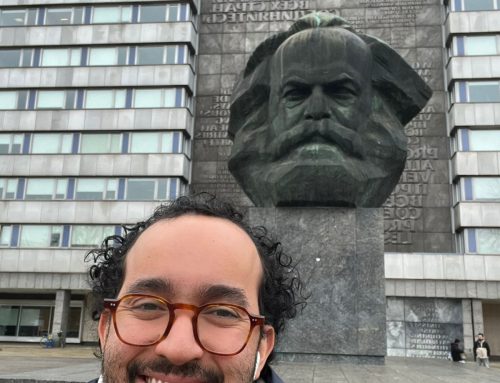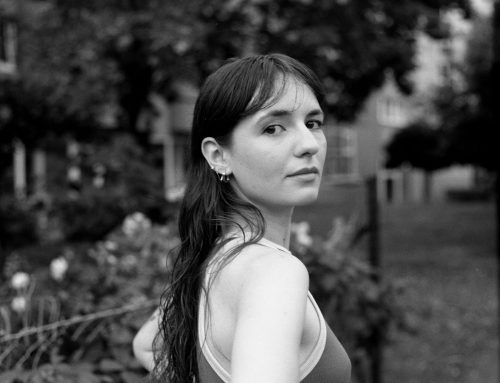“My intention is to provide a new theoretical concept of the relation of analog/digital in order to then draw on it as a technology for the creation of new cultural models of the European Union. In a practical sense, I would like to construct a theoretical basis, critically deconstructing the relation analog/digital, with which I will create new contingencies for a virtual production of new cultural conceptions. Nelson Goodman (Language of Art, 1968) formulates the difference between the analog and digital through a parallel with continuous and discrete, distancing the concepts of analog and digital from their origins. In this understanding, a digital system has nothing special to do with digits and an analog system with analogy. The basic distinction between digital and analog, then, is a representation scheme: the digital is differentiated or discrete, while the analog scheme is continuous or dense. In architecture, according to Greg Lynn, the digital is impossible to isolate from the architectural project since the digital is an integral part of its process. On the other hand, Peter Eisenman problematizes the digital as that which possesses no memory.
In this text, I will project the new concept of “altered archeology,” showing that continuity and the production of time and memory are ensured by constant transformations of the analog into digital and vice versa. Thus, the analog gives the digital authenticity, while the digital’s technological potential becomes an arsenal for the creation of (the new) analog. In the final instance, drawing on Derrida’s line that “there is no political power without control of the archive, if not memory,” I will make a digital experiment of deconstructing EU Barcode, the art project designed by Rem Koolhaas.
In the following phase, this model would be applied to the city of Rijeka, aiming to use the results of this experiment in the Rijeka 2020 project: constituting the first architectural laboratory for the rebranding of the city of Rijeka. My purpose is to exploit the potential of difference, diversity and minority as analog reservoir for generating new visions, digital strategies and methodologies of the European project.”
 Snežana Vesnić, PhD is an architect, currently working as Assistant Lecturer at the Faculty of Architecture of the University of Belgrade, where she also previously attended the Faculty of Applied Arts. She is a founding partner of the architectural studio Neoarhitekti (Belgrade) and award-winning author, twice nominated for the Mies van der Rohe Award (2009, 2019). Vesnić conducts scientific research in the field of architectural philosophy and aesthetics. She received her PhD in 2018 from the Faculty of Architecture, University of Belgrade, with a thesis entitled “Philosophy and Aesthetics of the Architectural Concept: Object of Reality and Object of Illusion.” Her theoretical work and architectural practice are focused on research and production of “architectural concepts.”
Snežana Vesnić, PhD is an architect, currently working as Assistant Lecturer at the Faculty of Architecture of the University of Belgrade, where she also previously attended the Faculty of Applied Arts. She is a founding partner of the architectural studio Neoarhitekti (Belgrade) and award-winning author, twice nominated for the Mies van der Rohe Award (2009, 2019). Vesnić conducts scientific research in the field of architectural philosophy and aesthetics. She received her PhD in 2018 from the Faculty of Architecture, University of Belgrade, with a thesis entitled “Philosophy and Aesthetics of the Architectural Concept: Object of Reality and Object of Illusion.” Her theoretical work and architectural practice are focused on research and production of “architectural concepts.”
Seminar with Snežana Vesnić was held at the University campus in Rijeka on December 6, 2019.




